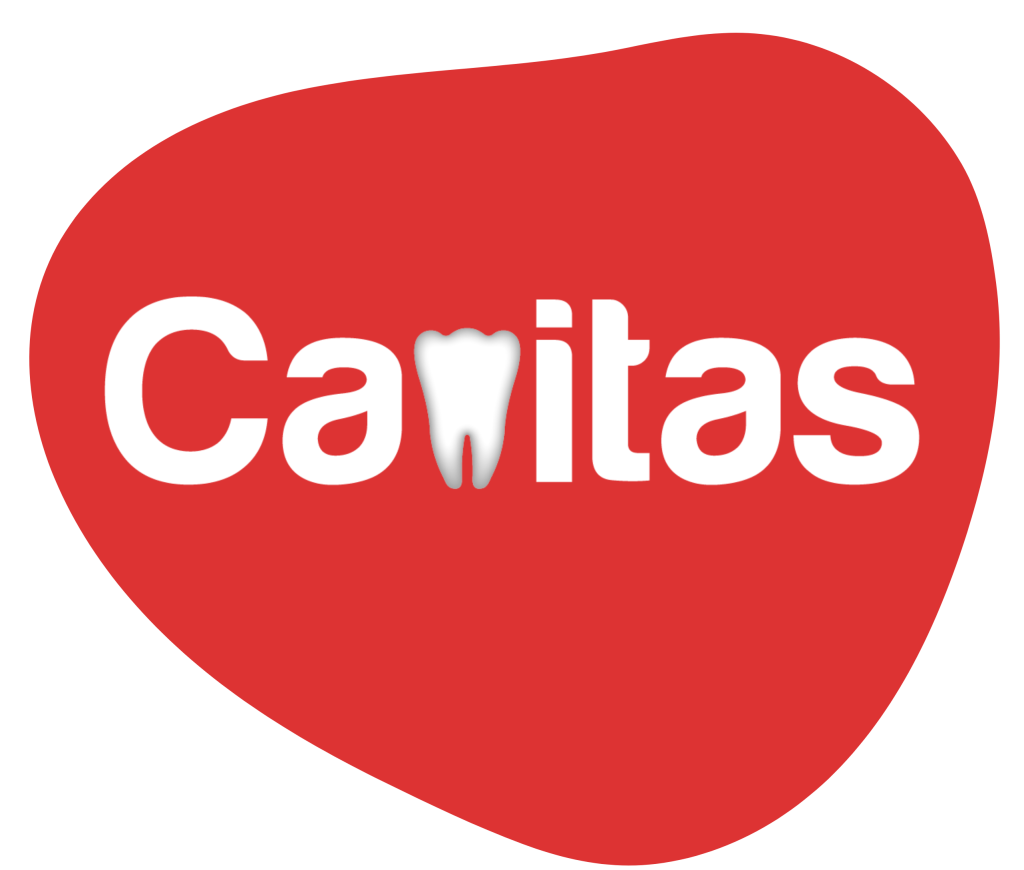The importance of dental and vision care to overall health is often misunderstood, and there’s pretty good evidence that the long-term benefits to employee well-being might outweigh the short-term impact on your company’s budget. Finding the right answer for your company is a little more complicated than simply plugging some numbers into a spreadsheet, but here are a few things to consider when making the decision.
Short-Term Cost
In theory, it’s probably safe to assume every employer wants to do right by their employees and offer high-quality insurance options. But in reality, it just might not be possible for the company’s bottom-line. Dental and vision insurance–while generally less expensive than medical insurance–aren’t free. Every business is different, and ultimately only you can run the numbers and decide what’s financially feasible for your company. That said, there are some ways to make these benefits more affordable.
Having dental insurance allows your employees access to important preventative care.
Professional Employer Organizations (PEOs) like Justworks allow small businesses to band together to provide access to medical, dental, and vision insurance at more affordable rates. Your buying power with 10 employees alone is a lot weaker compared to your buying power if you’re in a pool with 50 other businesses your size. With a PEO, you can take advantage of that collective buying power and potentially keep costs down.
Related Article: 17 Excellent Workplace Wellness Ideas That Don’t Break the Bank
Long-Term Savings
According to a study conducted by the Human Capital Management Services Group, employers who offered their employees vision insurance experienced $5.8 billion in cost savings over four years.
“The HCMS study determined that individuals who receive an annual comprehensive eye exam are more likely to enter the healthcare system earlier for treatment of serious health conditions, thereby significantly reducing their long-term cost of care. Additionally, people are more likely to get an annual comprehensive eye exam than a routine physical.”
Eye doctors are able to identify early signs of chronic diseases.
Diabetes, high blood pressure, and high cholesterol can all be identified during a routine eye exam, and research has shown that catching these conditions early can lead to significant savings on health insurance costs down the line.
Similarly, having dental insurance allows your employees access to important preventative care that can lead to tangible savings in the long-run. Oral health and overall health are intrinsically linked. People with diabetes are more likely to have gum disease because diabetes reduces the body’s resistance to infection, and people with gum disease can also be more prone to heart disease, for example.
Employee Well-Being
Although medical, dental, and vision insurance are treated as separate entities, ultimately, they’re all part of treating the same person’s body.
If one of your employees is suffering from a toothache but won’t go to the dentist because they don’t have insurance, there’s a chance their productivity will take a hit. They might call in sick more often, be distracted by the pain when they’re in the office, or potentially have to take a significant period of time off if the untreated tooth turns into something more serious.
The stress of not having access to dental or vision insurance for themselves and/or their families can have a negative impact on your employees’ mental health as well. When deciding whether or not to offer these benefits, it’s important to look at the big picture and see employee health and wellness from a holistic standpoint.
Related Article: When Should a Growing or Small Business Offer Employee Benefits?
Recruitment and Retention
If you think that providing free snacks or installing a ping-pong table is enough to entice prospective employees and boost recruitment and retention, you might want to reevaluate.
More and more, millennial job seekers are expecting a quality benefits package to pair with their job offer. Justworks conducted an original study to better understand what kinds of benefits employees want most. Of employees polled, 88% said the quality and options of health benefits were important to them. However, only 41% of employers surveyed offer health insurance as part of their benefits package.
If you’re looking for a way to stand out from the competition and attract high-quality talent that will stay with your company for years to come, offering dental and vision insurance might be well worth the investment.
